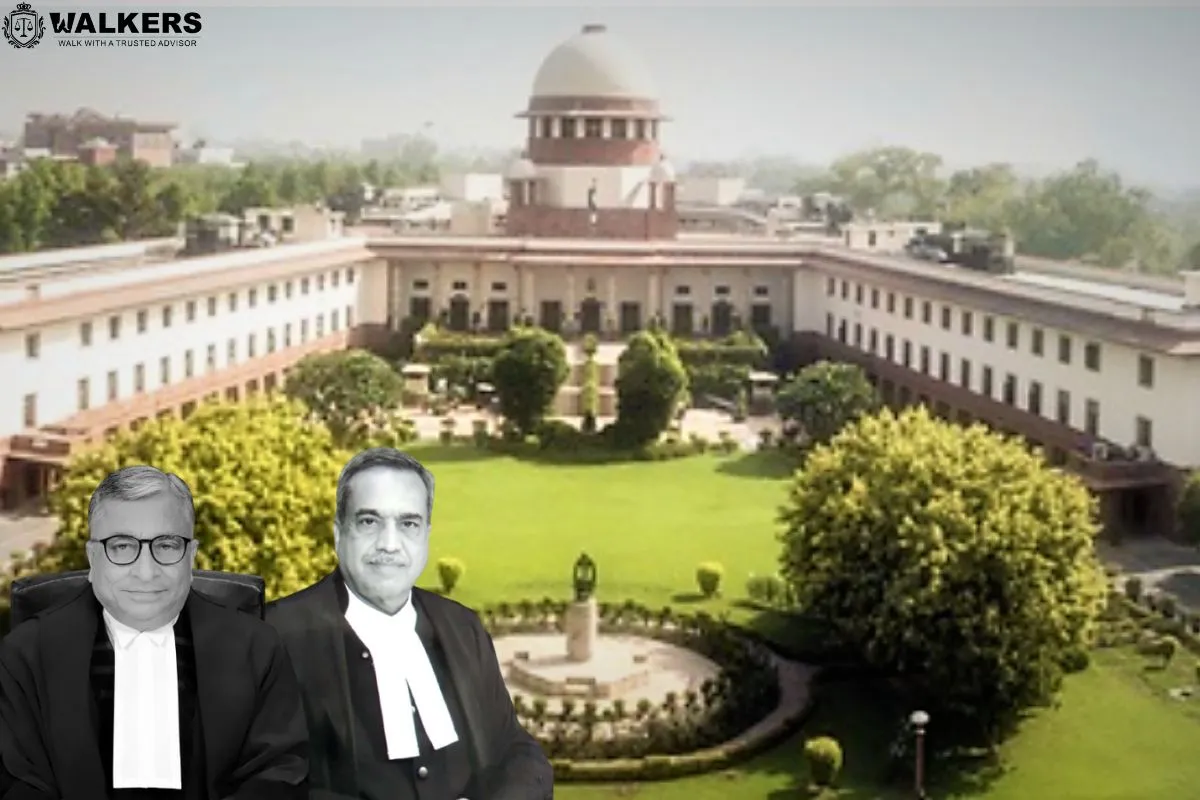


The Supreme Court has given a divided ruling on whether changes to tax exemption laws can be contested through the legitimate expectation doctrine. The doctrine allows an entity to have a legitimate expectation of being treated a certain way by administrative authorities, even if there is no such legal right. Justice Krishna Murari held that the doctrine should apply when industrial units are set up with the promise of tax exemptions for a specific period. In contrast, Justice MR Shah ruled that the doctrine does not apply against statutes. Both judges, however, agreed that firms do not have a vested right to claim tax exemptions. The case involved an appeal against a Calcutta High Court ruling upholding the removal of sales tax exemptions for the appellants based on a 1994 statute that was amended by the 2001 West Bengal Finance Act. The appellants had been denied benefits of the tax exemption they had enjoyed for two years.
Click Here to: Download/View Related File
TAGS: Supreme Court split verdict doctrine of legitimate expectation tax exemption industrial units administrative authorities legal right Justice Krishna Murari Justice MR Shah vested right Calcutta High Court sales tax West Bengal Finance Act statute appeal.